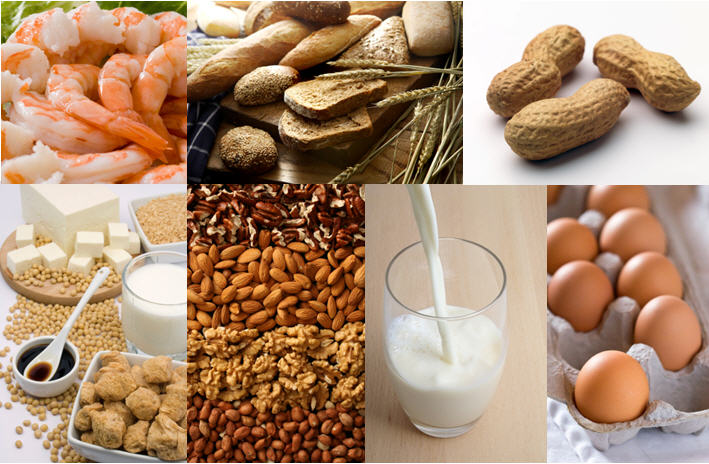Two types of foods can cause an inflammatory reaction that overtaxes your immune system. First are the foods you cannot digest well; ones you may not even know you have a problem with. The most common food allergens involve wheat, milk/dairy, eggs, and peanuts. If , for example, you’re sensitive to wheat and/or dairy, your immune system readies itself for a ‘fight’ and remains in a heightened ‘attack mode’ for as long as you eat that cereal grain or dairy product. Then along come seasonal allergens, which your immune system would normally perceive as mild irritants. But because it’s already on high alert from dealing with your wheat or dairy sensitivity, it overreacts and your allergy symptoms spiral out of control.
The second type of inflammation-causing foods affects everyone, and includes saturated fats, processed foods and heavily refined carbohydrates. See How to Avoid Processed Foods for more information. You should eliminate all of these products, especially during allergy season, and eat lots of fruit, veggies and gluten-free whole grains instead.
The Fix: So how do you determine if you have an underlying food allergy or intolerance making your seasonal allergies worse? One way is to eliminate the suspect – wheat or dairy for instance – for 14 days. Eliminate everything that contains that food. On the fifteenth day, bring that food back into your diet and eat it 3-4 times that day. For the next three days, watch for signs like increased mucus production, difficulty breathing, skin rashes, gas, bloating, heartburn, headaches, fatigue and/or mood changes. Repeat this process with other foods you suspect may cause you problems.
Another way is to test for food intolerances; the Lymphocyte-Response Assay (LRA) test is one of the most comprehensive available. This test will take the guess work out of the equation and tell you which foods you need to avoid and which are not causing you any problems.


